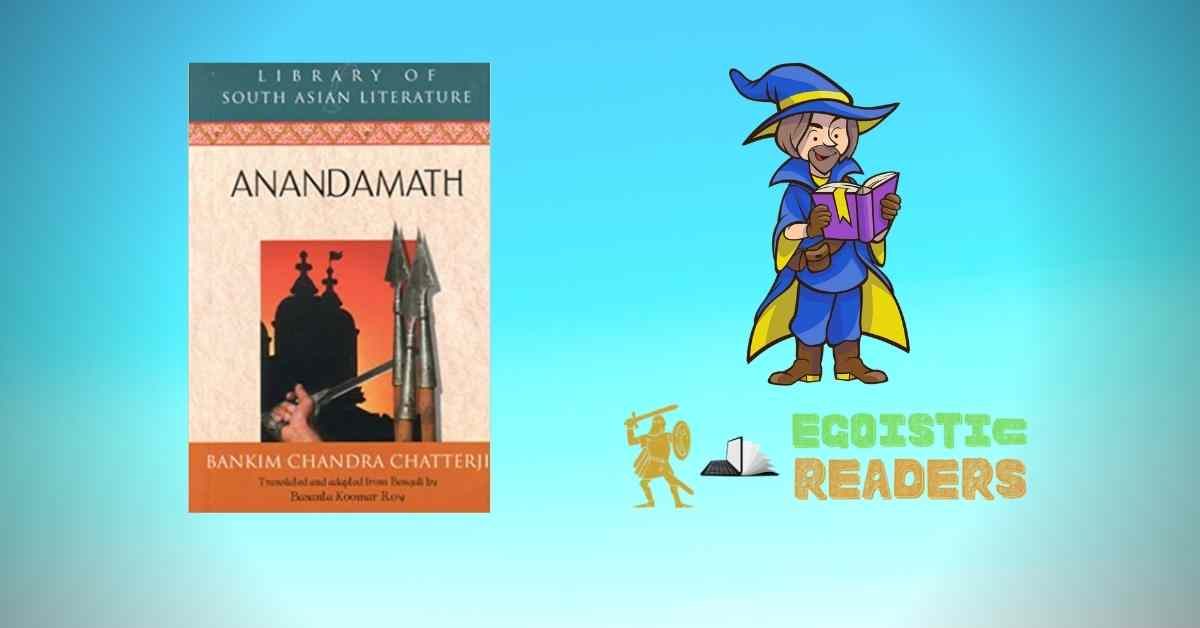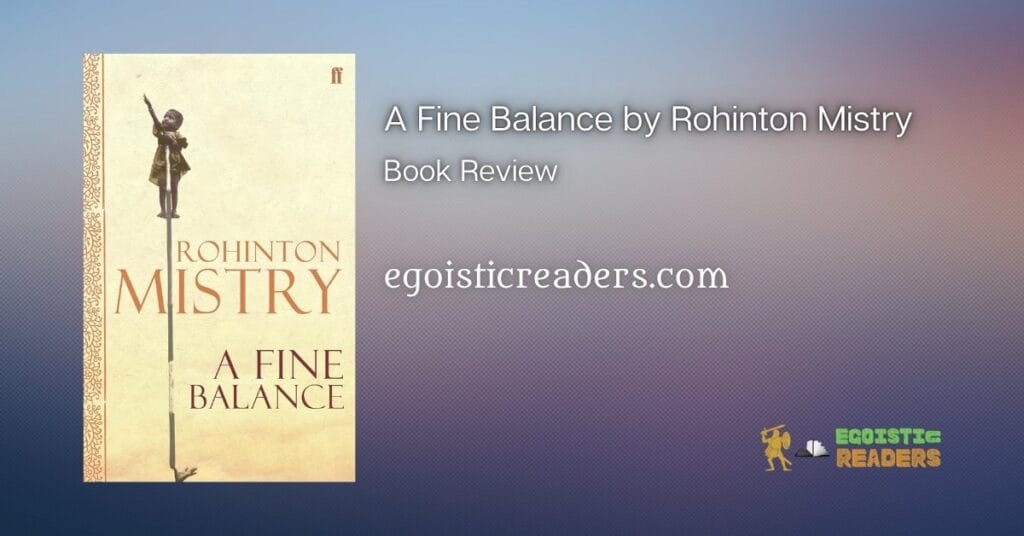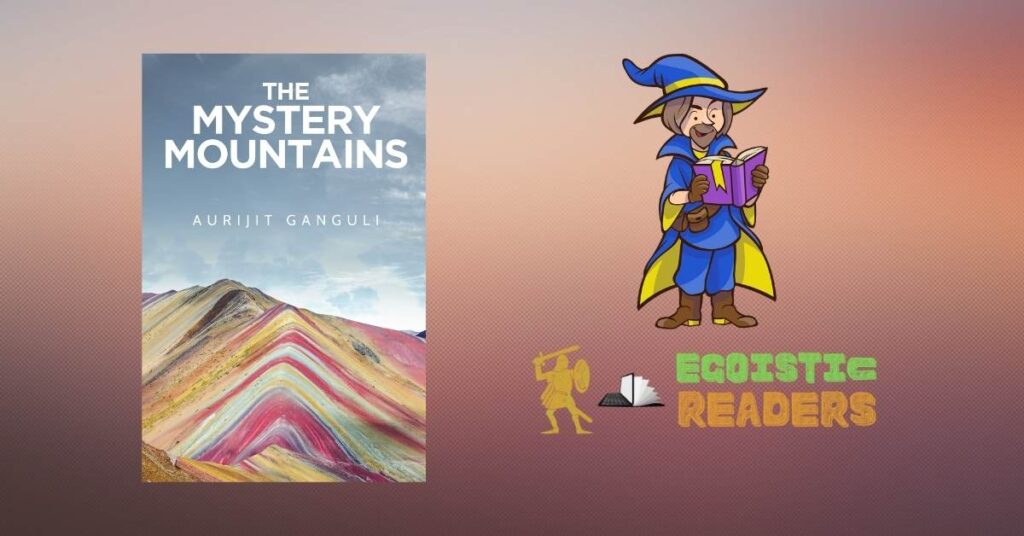Anandamath, written by Bankim Chandra Chatterjee, is considered as one of the important novels in the history of India and Indian literature. Originally written in Bengali and first serialised in the Journal Bangadarshan, Anandamath was subsequently published in the book form in 1882. Its importance is magnified by the fact that it became synonymous with India’s freedom struggle from the British Raj. The book became so popular that it has been translated into multiple languages. The first English translation of the book is titled as The Abbey of Bliss by Nares Chandra Sen-Gupta. The novel is also the source of the national song of India Vande Mataram (I worship my Motherland for she truly is my mother).
The book is set in Bengal during the years of famine of 1770. The story starts with the introduction of a couple, Mahendra and Kalyani, who got stuck in their village Padachinha without food and water. The only choice they had, if they want to survive, is to shift to a nearby town. And so, reluctantly, they move to a nearby town to satisfy their hunger and live a hopeful life. During their journey, they get separated. Kalyani along with her infant has to pass through a forest to save herself and her kid from the cannibals. Eventually, Mahendra and Kalyani reunite at the Ashram of Satyandanda – Anandamath. At the Ashram, Satyandand invokes the feeling of patriotism in Mahendra’s mind by giving him insights of how our country was before the arrival of the British rule, how it is now under their rule and how it will become if we succeed in pushing them out of our country. Mahendra decides to join the brotherhood of monks. However, for joining the ashram, he was required to fulfil one of the hardest tests of his life- to leave the family which was very much dear to him. Seeing Mahendra in dilemma, Kalyani gives their dear child poison and then she herself drinks it, which ultimately clears Mahendra’s path.
I feel Anandamath is the real treasure-trove of India owing to its simplicity of storytelling and the way it has expressed the tale of India’s struggle from the foreign rule. It is the reflection of a fight for the justice, a realisation of the importance of the motherland and profusion of nationalism.
The book also deeply describes the pity and distressing condition of the people when the catastrophe in the form of famine hit the Bengal state. Not exactly because of the monsoonal delay, but because of poor government administration and exploitation of the resources for the financial gains of the then government. The situation was so grim that it compelled people of that area to live on the flesh of other people. While leaving their village, many people moved to the other cities where there was a better chance of their subsistence. Many others chose to give up their life as they found it a better option than living a life full of misery.
Another thing that makes the book more interesting is the great vividness in the two lead female characters. Navinananda or Shanti is portrayed as an independent tomboyish girl with great physical and mental fitness and revolutionary attitude. She joins Anandamath as a freedom fighter and gets her new identity as Navinananda, given to her by Satyananda. Exactly opposite to Shanti is Kalyani. She is shown as an orthodox woman of that period who seeks man’s support and approval in whatever she does. Shanti rescues Kalyani from dacoits when she along with her baby was crossing the Jungle.
The novel is filled with the spirit of nationalism and selfless patriotism and gives an important message that when untrained and unskilled people with their heart full of motherland’s love and care can together conquer trained and skilled soldiers equipped with arms and ammunitions.
You will surely enjoy reading this book if you like Indian classic fiction with everything Indian. However, if you like reading modern fiction which is generally casual in tone and leisure in nature, you might feel confused and bewildered by the setting of Anandamath and the portrayal of the characters who were out and out Indian. So, get your mood right and make your decision as per your preferences in making your reading lists.
Written by Nidhi for Egoistic Readers
Anandamath by Bankim Chandra Chatterjee – Book Review
- Egoistic Reader Rates it with
Summary
Anandamath by Bankim Chandra Chatterjee is a novel that portrays the struggles of people in Bengal during the famine of the late 18th-century.




